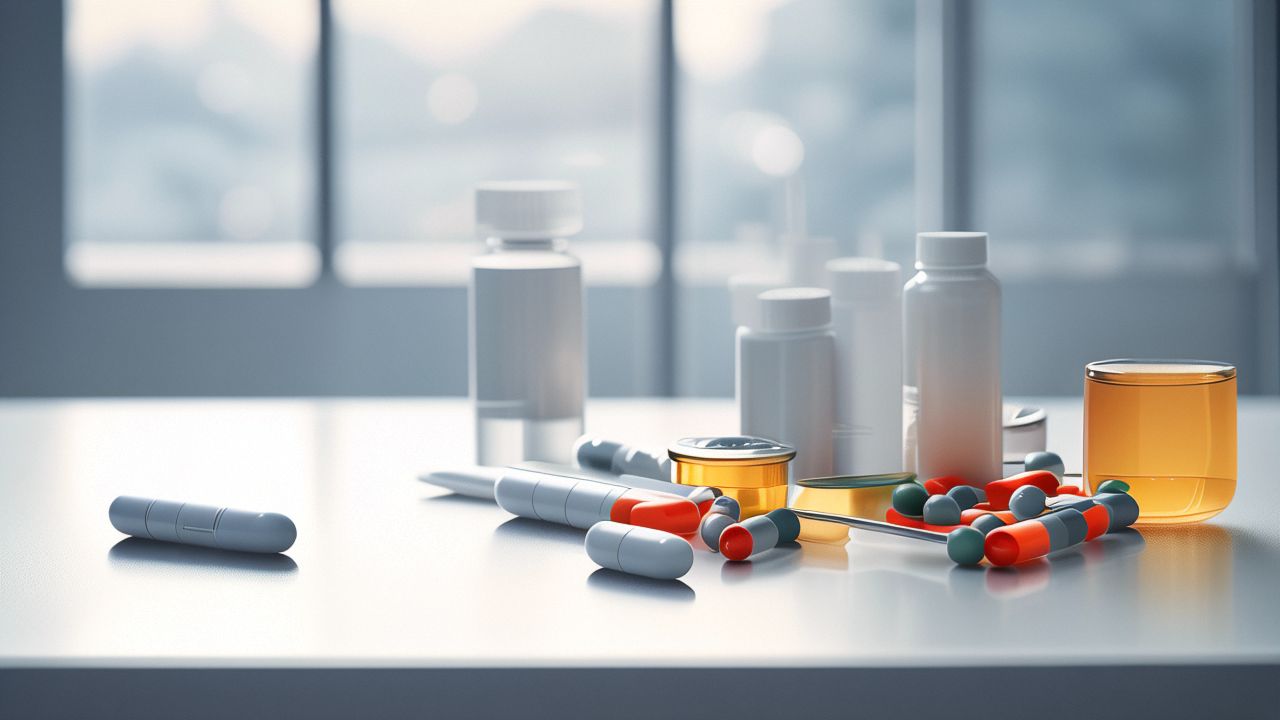How to self-care after complications of coronary heart disease?

After complications of coronary heart disease, self-care is crucial. Here are some suggestions:
- Emotional management: Keep your emotions stable and avoid tense, excited mood swings, as they can lead to sudden increases in blood pressure and trigger an acute myocardial infarction. Be aware of controlling your emotions when watching intense sports competitions, facing unhappy events, or experiencing great joy.
- Psychological cultivation: Strive to develop a good attitude, such as a broad-minded, optimistic, cheerful, forgiving, and easy-going personality. Avoid mood swings caused by tempers and anger, which can lead to severe blood pressure fluctuations.
- Avoid excessive fatigue: Do not overwork, especially in activities such as playing mahjong or gambling. Elderly people should exercise moderately and choose appropriate physical activities, such as walking and Tai Chi, to avoid overloading the body.
- Moderate exercise: Keep a suitable amount of exercise to improve cardiopulmonary function. However, avoid vigorous exercise to prevent excessive stress on the heart.
- Quit smoking: Firmly quit smoking, as toxic substances such as nicotine in cigarettes can trigger acute coronary attacks.
- Active hypertension treatment: Hypertension can increase the load on the heart and is one of the important factors for sudden death due to coronary heart disease. Take hypertension medication on time and maintain normal blood pressure.
- Control diabetes: Diabetes can trigger or exacerbate coronary heart disease, so control blood sugar within the normal range.
- Lower blood lipid and blood viscosity: High blood lipid and blood viscosity are prone to acute myocardial infarction, and medications to lower blood lipid and blood viscosity can be used under a doctor’s guidance.
- Lose weight: Obesity can increase the load on the heart, which is harmful to coronary heart disease. Obese people should limit total dietary calorie intake and engage in appropriate physical activities to lose weight.
- Prevent constipation: Holding breath and force during bowel movements can increase abdominal pressure and raise blood pressure. Coronary heart disease patients should pay attention to maintaining bowel movement regularity, eat more vegetables, fruits, and fiber-rich foods, and use laxatives or enemas when necessary.
- Drug self-help: Carry fast-acting nitroglycerin tablets, fast-acting rescue pills, and fast-acting heart pain relievers with you at all times to use in the early stages of the disease, avoiding severe consequences.
These measures can help alleviate complications of coronary heart disease and improve the quality of life. Conduct self-care under a doctor’s guidance and adjust according to individual circumstances.




